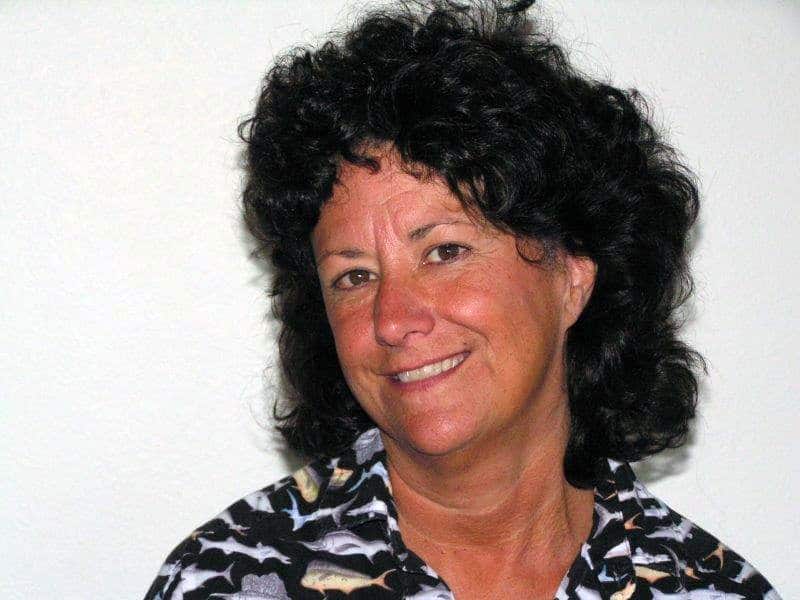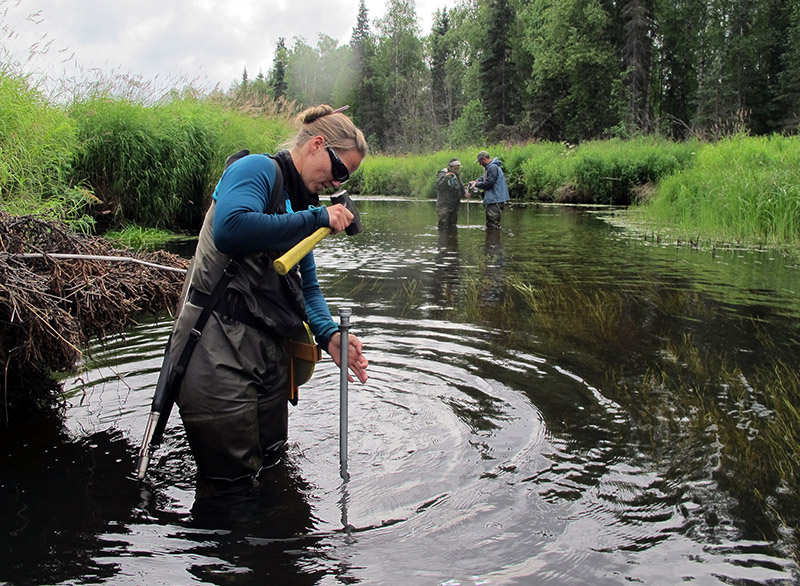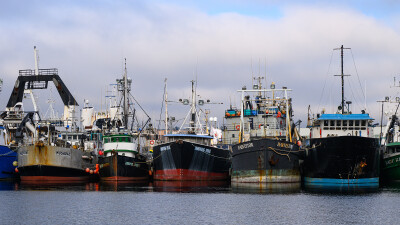The Stand for Salmon initiative that aims to update habitat protections for the first time since statehood could go before voters in November. But the measure has little support from the gubernatorial candidates.
“While I don’t support it, I certainly understand that local input is critical in the process,” said Governor Bill Walker.
“I believe the reason we have Stand for Salmon is because the Coastal Zone Management Program died in the 2011 legislative session and that took away local input into the development process,” Walker added. “I think this is what happens when you take away input by the people – you meet them at a ballot initiative or you meet them in the court room and I think that is unfortunate.”
Mead Treadwell also said he does not support the salmon initiative.
“This bill essentially assumes that every stream is anadromous when it’s not. This would take away your property rights without protecting the fish,” Treadwell said. “Do I stand for salmon and believe we need to protect salmon? Absolutely. I don’t think this is the right law to do it.”
Scott Hawkinssaid the “devil is in the details” and he believes the ballot initiative would have a lot of unintended consequences and “shut down a lot of things in this state.”
“It’s not that our permitting process couldn’t do with some tightening up,” Hawkins added. “We need to have a process that knows how to say no. Just because you apply for a permit should not mean that at the end of the day you are going to get it. We need a very stringent permitting system that holds projects to very high standards, but I don’t think the initiative is the way we get there.”
Candidate Mike Dunleavy echoed those sentiments.
“I believe there are a number of projects throughout the state that could be at risk. This is a resource state and we need to develop our resources,” Dunleavy said. “We need to do it responsibly and I think the projects should be reviewed separately and held to a permitting and processing standard. I just don’t think an initiative such as Stand for Salmon is good for Alaska.”
Mark Begich said he will take a position when a state court rules on the constitutionality of the salmon ballot initiative.
“At that point I will make a decision. But I will say that the laws should be revamped and reviewed and that has not been done,” Begich said.
“This is a clear symbol of what’s broken in Juneau,” he added. “When you have almost 50,000 Alaskans bring forward an initiative, you have to respect their views and figure out how to fix this problem and make sure our salmon preserved for generations to come.”
The entire debate is posted at KTVA’s website.







